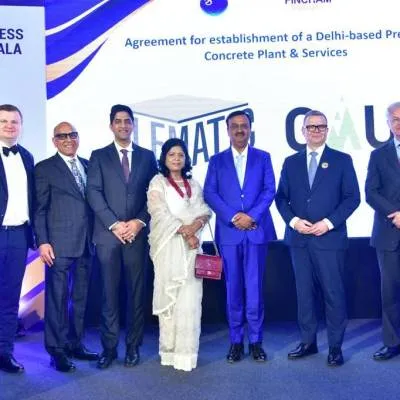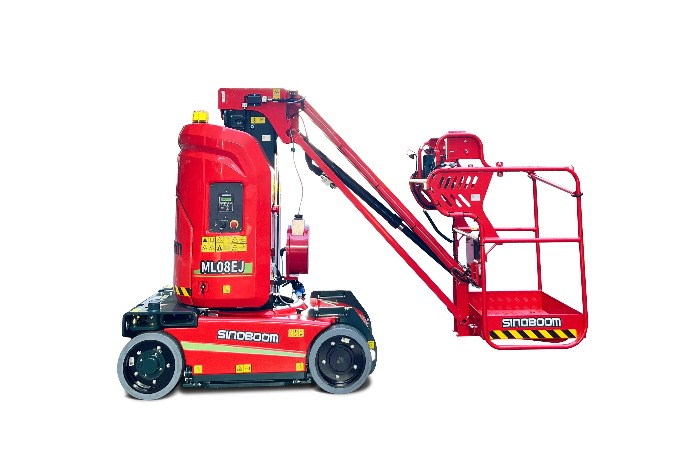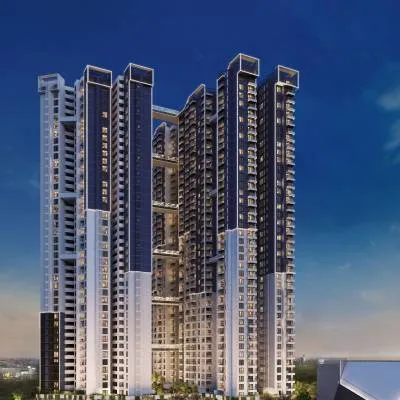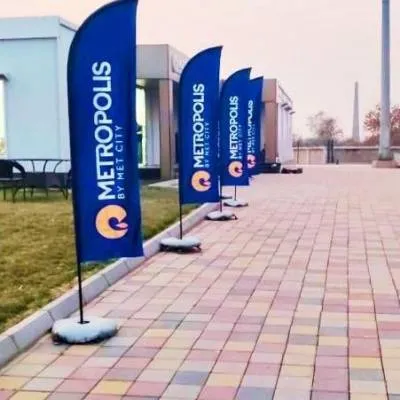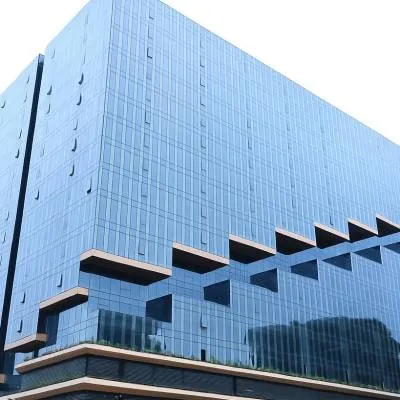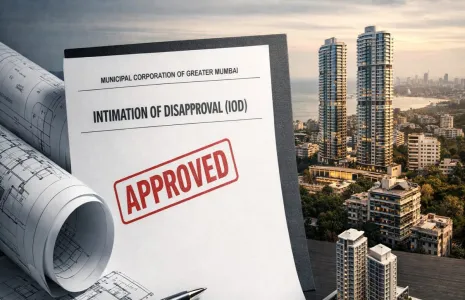Schedule a Call Back
Green building accelerates worldwide. Read how India poised for strong growth by 2021!
India is expected to see strong growth in the green building sector with nearly 55 per cent of all projects likely pursuing green by 2021, according to the Dodge Data & Analytics World Green Building Trends 2018 SmartMarket Report, to which the US Green Building Council (USGB) is a contributing partner. Overall, global green building activity continues to rise, with significant increases expected in 19 countries over the next three years.
?LEED has helped transform building practices over the last two decades and continues to push the top performers, but we know that we can't leave any buildings behind if we are to create a lasting environmental impact,? says Mahesh Ramanujam, President and CEO, USGBC ?As the global green building industry stands poised for even more rapid growth, it underscores the need for third-party validating systems like LEED. In order for all of this expected growth to come to fruition, we need to have a framework through which we better track how buildings are measured and managed. By putting all buildings on the same path to sustainability, we can achieve a viable future for all.?
Two-thirds of the survey participants report that using a rating system like LEED allows them to create a better performing building, and more than half of respondents believe that rating systems provide third party verification that ensures buildings are in fact green.
India anticipates strong growth in several building sectors including new commercial construction, new high-rise residential, commercial interiors, new institutional construction, and green communities.
While client demands and environmental regulations remain top motivators worldwide, creating healthier buildings emerged as an important trigger for building green. Sixty-three per cent of Indian respondents said improved occupant health is the most important benefit of green building. Additionally, respondents from India rated environmental reasons for building green ? such as reducing energy and water consumption, and protecting resources ? very high.
As green building has grown, the savings associated with lowering operating costs continues to be a top benefit for owners. Worldwide, nearly two-thirds of respondents expect to see building operating costs decrease by at least 6 per cent within the next 12 months, while more than 80 per cent expect this same rate of return in the next five years. While Indian respondents were more conservative about their expectations for cost savings compared to 2015, the payback period for new and retrofit buildings in India closely aligned with global findings.
As lowering operating costs and occupant health become more widely known and accepted, the value of green buildings as an asset increases as well. The percentage of owners reporting that new green buildings have an asset value more than 10 per cent greater than traditional buildings has nearly doubled since 2012. In addition, most architects and contractors recognise that building green creates a higher asset value.
When looking at green building activity in specific countries respondents currently doing a majority of green projects are Australia, China (Hong Kong) and Ireland. Looking ahead, countries with the highest percentage of green projects expected by 2021 are the UAE, Australia, Norway and Spain. Other countries with high levels of growth include Mexico, India and Colombia.
New commercial construction remains by far the biggest driver of green building on a global scale, notably in markets like India. However, the majority of respondents from five countries say green retrofits are in the pipeline, compared to a 37 per cent global average ? suggesting that existing buildings and operational benchmarking will be key opportunities for growth. India is one of the top eight countries for its use of metrics to quantify the benefits of green buildings, though only 24 per cent of Indian respondents expect to do a green retrofit in the next three years.
?The future of green building is focused on performance, but as the study shows, most of the time this practice can be limited in scope,? says Ramanujam. ?There has been no increase in the use of metrics to track performance in the last three years, and now there is no excuse for it. It is not enough to demonstrate leadership at a point in time. We want all green buildings to continue to demonstrate leadership long after they are constructed and occupied. That is why USGBC has been laser-focused on bringing building performance benchmarking tools like Arc and LEED v4.1 to market: to make it easier for all projects to take strides toward improving the health and well-being of the people who occupy them every day.?
In 2016, Green Business Certification, Inc. (GBCI), the certifying body for LEED projects globally, created Arc, a digital performance platform that benchmarks, tracks and measures building activity across energy, waste, water, transportation and human experience. Currently, Arc is tracking performance for 1.5 billion square feet of space across 80 countries. The emergence of tools like Arc, underscores the growing importance technology is playing in green building, particular when it comes to understanding energy performance and occupant impact.
Additionally, the recent launch of LEED v4.1 offers projects yet another way to continue to drive performance on the path toward LEED certification. Today, there are more than 94,000 commercial projects participating in LEED across the globe, with 2.2 million square feet of building space becoming LEED-certified every day.
The study was conducted in 86 countries and surveyed 2,000 building professionals including architects, contractors, consultants, developers, engineering firms and investors. Adjustments to the methodology for respondent recruitment resulted in a more balanced share of participants who belong to Green Building Councils, compared to previous years.


Subscribe Now
Subscribe to our Newsletter & Stay updated

